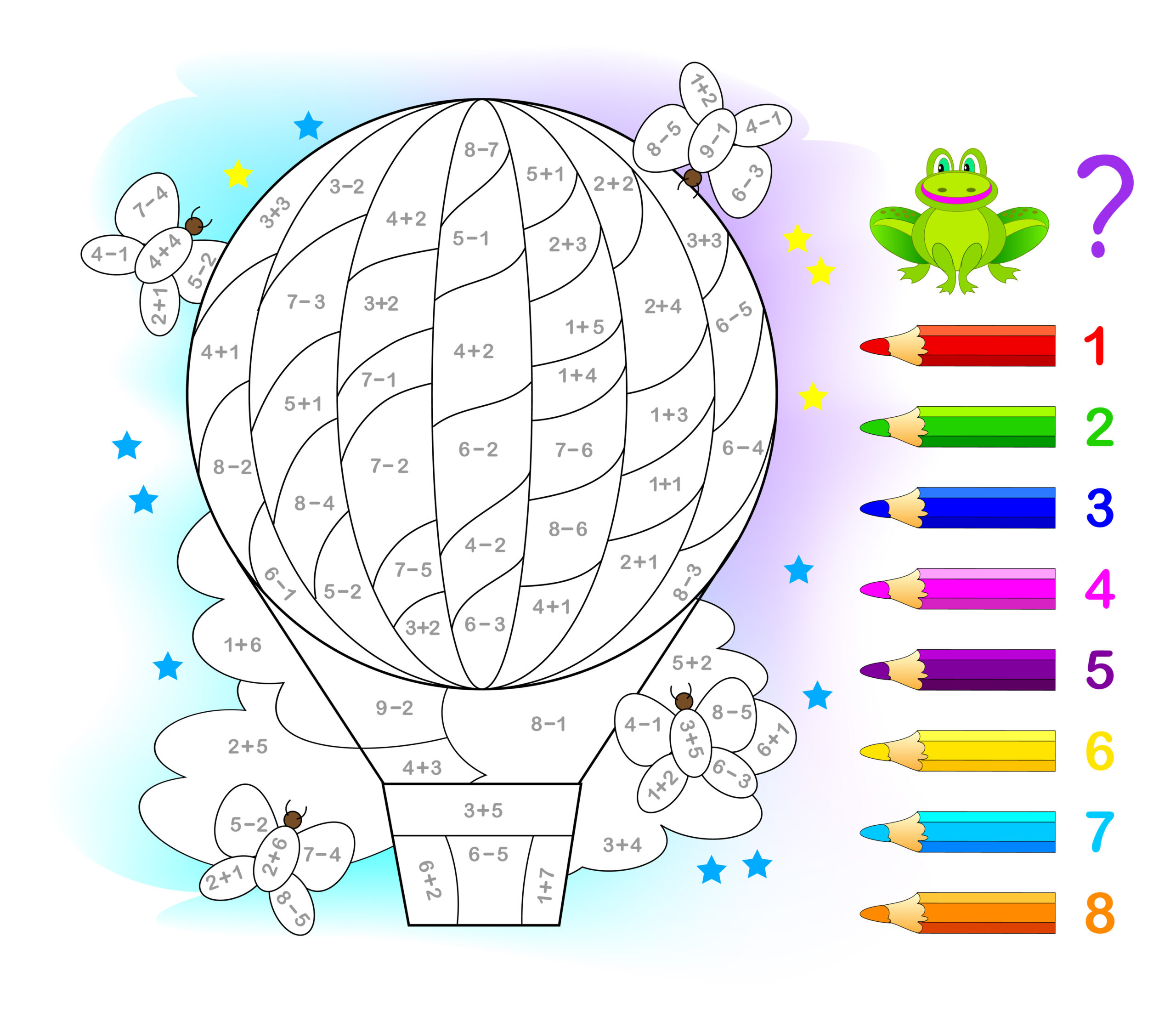Hormones and Breast Cancer: What the Science Says
Hormones and breast cancer have a complex relationship that has been extensively studied over the years. Breast cancer is one of the most common cancers affecting women, and understanding how hormones influence its development and progression is crucial for effective treatment and prevention.
## Understanding Hormone Receptors in Breast Cancer
Breast cancer cells can have receptors for hormones like estrogen and progesterone. When these receptors are present, the cancer is classified as hormone receptor-positive (HR+). This means that the cancer cells grow in response to these hormones. On the other hand, hormone receptor-negative (HR-) breast cancers do not have these receptors and do not respond to hormone therapy.
Estrogen receptor-positive (ER+) breast cancer is the most common type, accounting for about 80% of all breast cancers. This type of cancer can be treated with hormone therapy, which either blocks the hormones from attaching to the receptors or reduces the amount of estrogen in the body. This approach significantly reduces the risk of cancer recurrence.
## Hormone Receptor-Negative Breast Cancer
About 15% of breast cancers are hormone receptor-negative, including estrogen receptor-negative (ERneg) breast cancer. These cancers do not respond well to hormone therapy, leaving patients with limited treatment options. Recent research has uncovered new metabolic changes that may contribute to the development of ERneg breast cancer, offering potential targets for new treatments.
## Hormones and Breast Cancer Risk
Hormones play a significant role in breast cancer risk, particularly in post-menopausal women. Prolactin, a hormone involved in breast development, has been linked to an increased risk of breast cancer in this group. However, the relationship between hormones and breast cancer is complex. For instance, menopausal hormone therapy (MHT) does not significantly increase breast cancer risk and may even reduce it in some cases. This is because breast tissue can produce its own estrogen, which influences tumor growth more than the hormones used in therapy.
## The Role of Hormone Therapy
Hormone therapy is a crucial treatment option for HR+ breast cancers. It can significantly reduce the risk of cancer recurrence by blocking hormone receptors or lowering estrogen levels. However, some patients may choose to refuse hormone therapy due to concerns about side effects or a preference for alternative treatments.
In conclusion, hormones play a critical role in breast cancer, but their influence is multifaceted. Understanding hormone receptor status and how hormones affect breast cancer development and treatment is essential for managing this disease effectively. As research continues to uncover new mechanisms and treatments, the hope is to improve outcomes for all breast cancer patients, regardless of their hormone receptor status.





